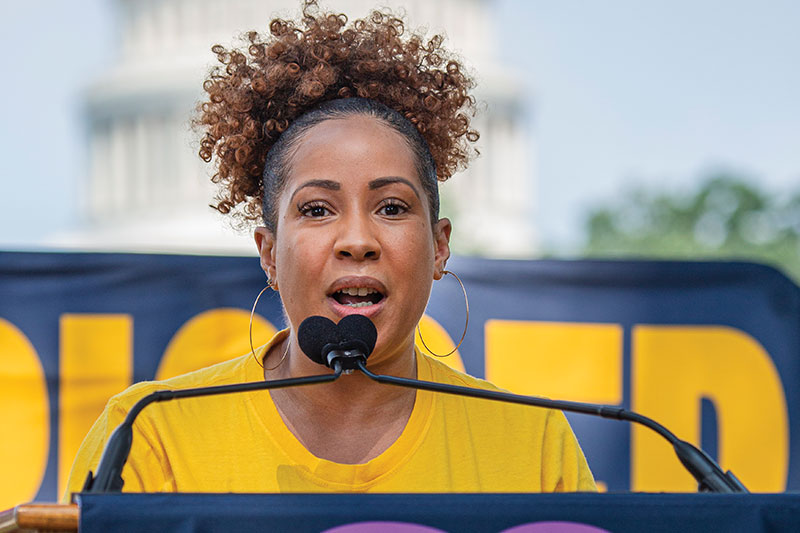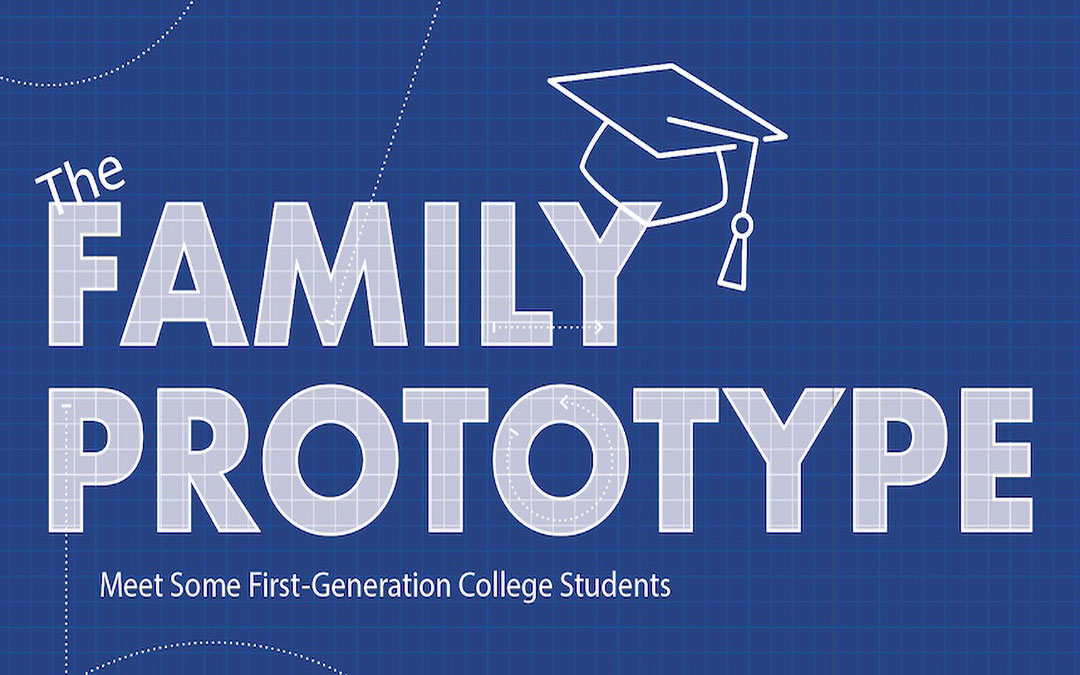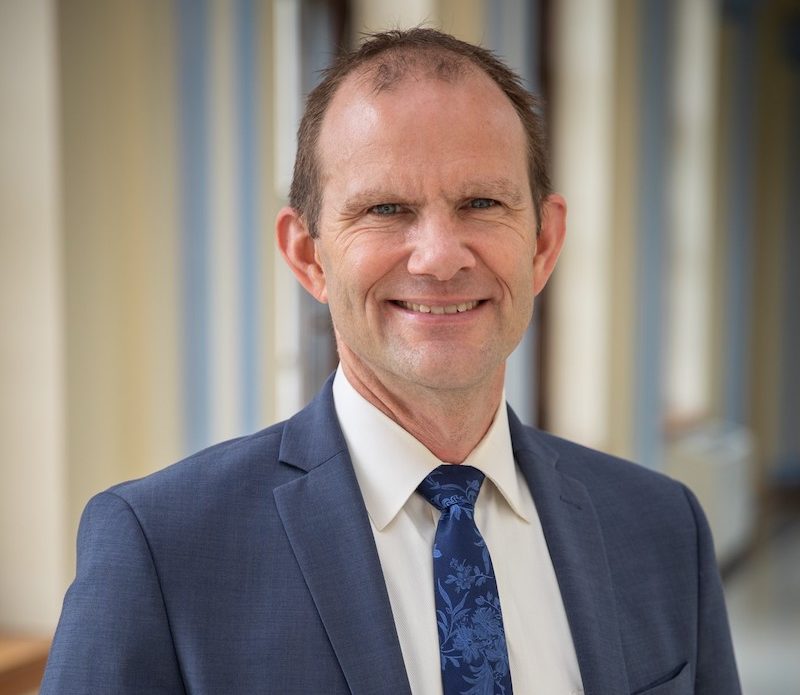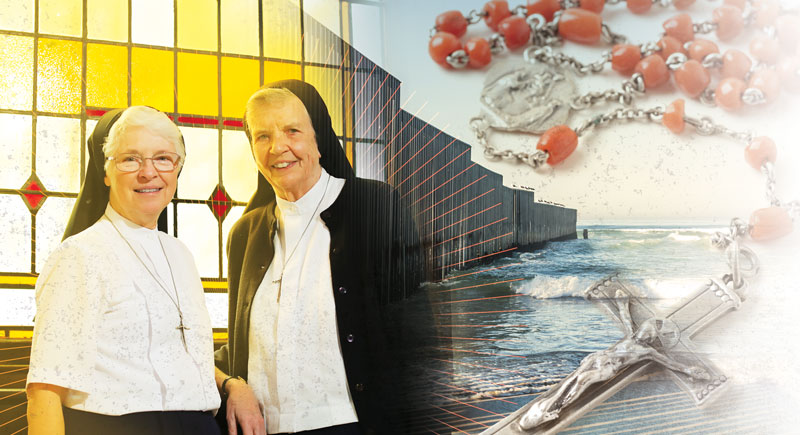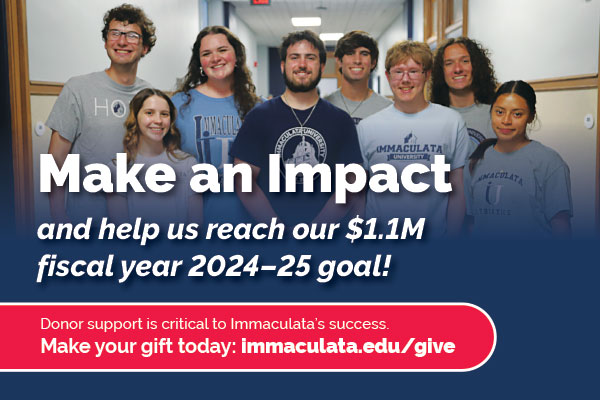Ebony Twilley Martin ’03 was concerned about the sound of her 3-year-old son’s breathing. As a music major concentrating in voice, she had studied breath control to produce a powerful sound. But now, unlike her, Martin’s little boy was wheezing and struggling to breathe.
Although asthma didn’t run in Martin’s family, the pediatrician said her son was developing the disease and asked where they lived. Martin was a single mom living in subsidized housing near a busy highway. Vehicle exhaust was causing Martin’s son to gasp for air, the pediatrician said. But Martin didn’t have the means to move somewhere safer for him. She also felt isolated, lacking support from the mostly white environmental movement.
“A lot of Black and brown kids don’t have access to parks and to trees and to grass,” Martin said. Communities of color tend to fall below the median household income, forcing them to seek affordable housing, which is often less desirable. Their neighborhoods often experience concentrated public safety issues because of oil and gas drilling and incinerators. These environmental factors contribute to disproportionately high rates of asthma, cancer and other diseases among people of color.
As Martin researched these issues, she saw how economic inequality, racism and environmental concerns intersect. For decades, the federal government redlined Black neighborhoods, excluding them from public and private investment. In addition, racist lending practices have driven Black residents into urban areas with little greenery and higher exposure to lead and other toxins. An analysis by American Forests found that wealthier areas have almost 50% more tree shade than lower income neighborhoods.
A few years after her son’s diagnosis, Martin found a better job that allowed her to look for a new home. She made sure to find one in a healthier environment with trees and access to a park. Now, at 17, her son breathes normally.
In 2014, Martin combined her career as a recruiter with her passion for environmental justice as a talent acquisition manager with Greenpeace USA, an organization that exposes environmental problems and works toward a greener, more just and more peaceful future. She became a leader with increasing responsibilities in the organization. Last September, Greenpeace promoted her to co-executive director, making her the first Black woman executive director of a legacy environmental organization in the United States. She joined Annie Leonard to lead Greenpeace’s U.S. operations. Martin forges new partnerships; champions justice work; and leads internal cultural, communications and operations alignment, with support from Leonard.
“Annie and I believe that our multiracial shared leadership will model the change we wish to see in the movement and in the world,” Martin said. “I made it my business to create space for other people like me to be in the room.” Communities of color have largely been excluded from the environmental movement, she said, but they are more impacted by pollution and climate change, and their voices deserve to be heard. They also have experience adapting to challenges and can share creative solutions.
“We are in a climate emergency, and if we are to avoid worst-case climate scenarios, we have to build the strongest, most diverse and broadest coalition possible, and we also have to ensure the solutions we collectively advance, advance justice,” she said.
Martin has led Greenpeace to increase diversity in its workforce, from 13% Black, Indigenous and people of color (BIPOC) to 43%. “We’re a better reflection of the world that we live in, so you can see it in the communities that we’re able to reach out and engage more effectively.” She points to the civil rights movement and women’s suffrage as examples of unified groups who brought about large-scale changes.
“I think it’s because I’m a music major—I’m listening for certain voices,” she said. “I’m listening for justice. I don’t always know what it looks like, but I can tell what it sounds like. … At its simplest, justice is children playing outside without having to struggle for each breath.”
In her career at Greenpeace, Martin enjoys working with activists and using her communication skills to speak truth to powerful politicians and corporations. “I truly feel like I’m in a role that God called me to, like Esther in the Bible—‘for such a time as this.’” Martin reflected. “Although that can feel daunting, I’m eternally grateful that I’m able to be a servant.”
Martin looks back at how she prepared for this work by developing not just her singing voice but also her writing voice at Immaculata. Martin’s favorite teacher was English Professor Sister Marian William Hoben, IHM, Ph.D. “She was very direct with me in the areas that I needed to improve in my writing and communication and did it in a compassionate way,” Martin remembered. “She also had a ‘justice lens,’ so to speak. She had a ministry that translated across differences and made me feel like she understood where I was coming from and created a safe space for me at Immaculata.”
Combining her powerful voice with her strong communication skills, Martin spoke at an environmental justice rally last July, calling out Congress for giving $15 billion of taxpayer dollars as subsidies to oil and gas companies, “the same industry that hid the science, hid it, lied to us, blocked solutions for clean and renewable energy … to poison our kids, to poison our planet, to poison our future,” she said. “It’s time for Congress and President Biden to act now to shift our money away from the oil and gas industry.”
Martin explained the scientific consensus that burning fossil fuels creates a blanket of gases around the Earth, leading to more heat waves, melting ice caps, rising sea levels and extreme weather. Martin mentioned Hurricane Ida’s remnants last September, which flooded streets in the northeast, killing more than 40 people and displacing hundreds. “This is happening more frequently, and people are dying,” she said. She acknowledges that ending the use of fossil fuels will be difficult and expensive, but “there are clean energy solutions,” she said. “We just have to make the choice to invest in them.”
Martin’s faith informs her advocacy. “The world is so beautiful, and so how can we not take care of what God has given us? He gave it to us to enjoy, and it makes me sad that we destroy it,” she said. She sings and leads worship at her church every Sunday, and when she feels discouraged in her work for climate and racial justice, she listens to a song by V. Michael McKay, with lyrics based on 2 Corinthians 4:8-9.
I am troubled, yet not distressed.
Perplexed, but not in despair.
I’m a vessel full of power,
With a treasure none can compare.
Reflecting on Greenpeace USA’s 50th anniversary, Martin wrote on the organization’s website, “Real change, real justice, will only come when we are able to truly work together, side by side, and demand it with a voice too loud to ignore.”
Protect your planet! Take these 3 action steps
1. Elect Climate Champions
Ask them for their local and national environmental protection plan. Remind politicians that they work for us, not oil and gas companies. “We want them passing laws that advance racial and climate justice and that are putting money back into our schools, our communities, our health care and into just transition [to renewable energy],” Martin says.
2. Create Green Space
Grow a garden, plant trees and prevent over-development and deforestation. “You only get one planet,” Martin says. “If we don’t take care of it, it’s not like we get another shot.”
3. Add your voice to the movement
Text Greenpeace at 86799 or visit greenpeace.org/usa/take-action to sign petitions, join a local campaign or connect with a team of volunteers.

